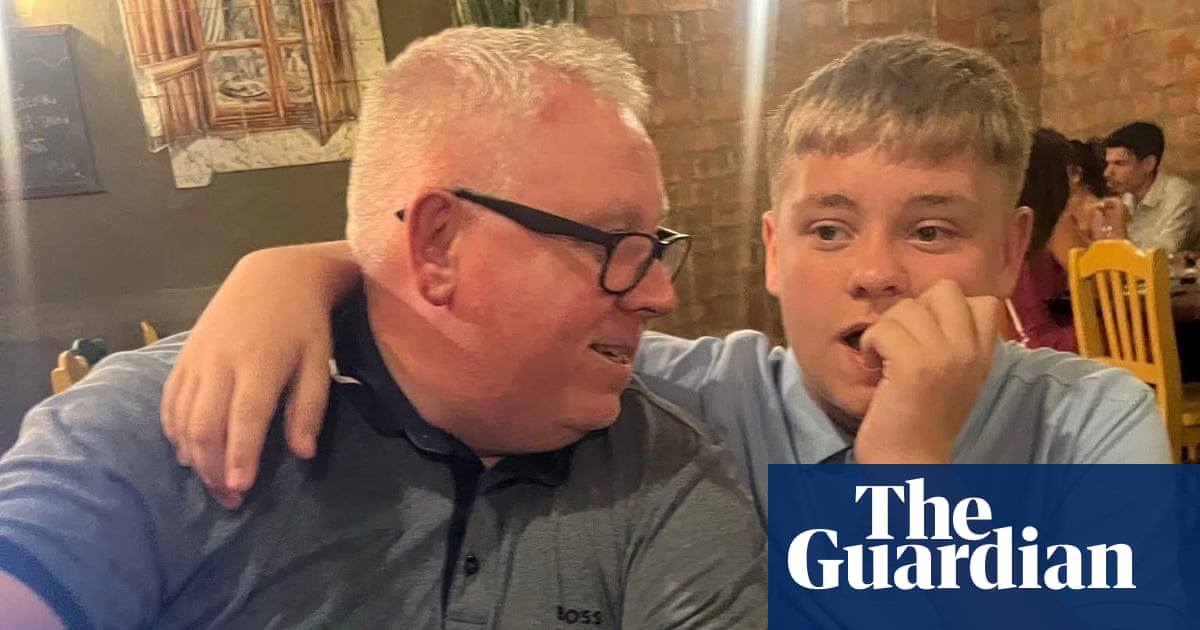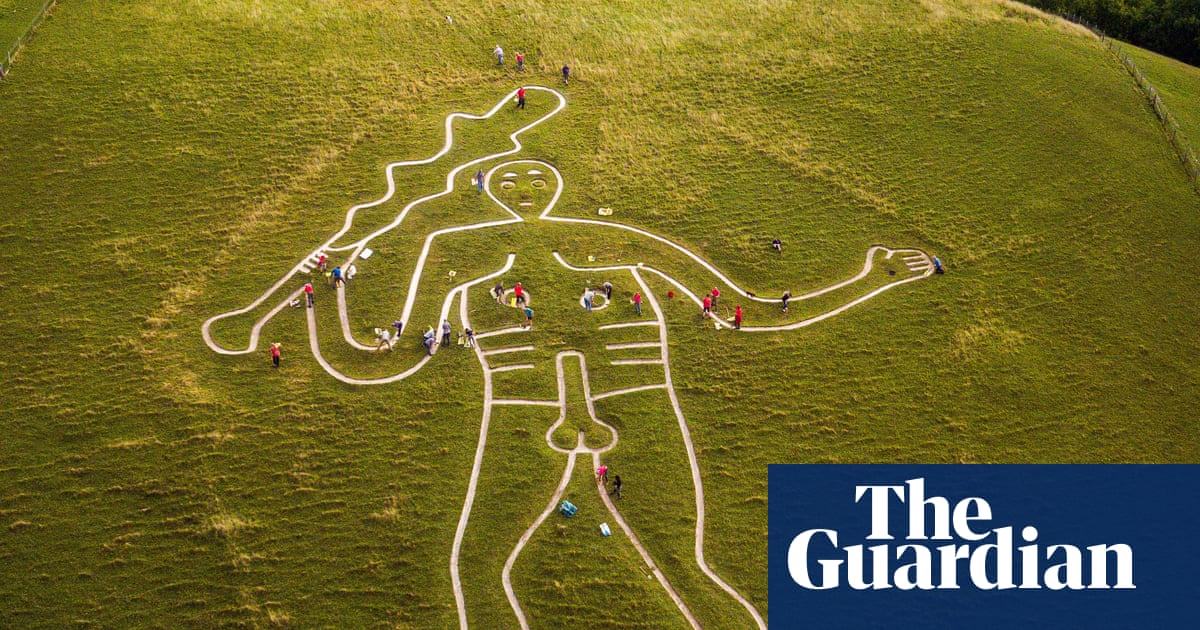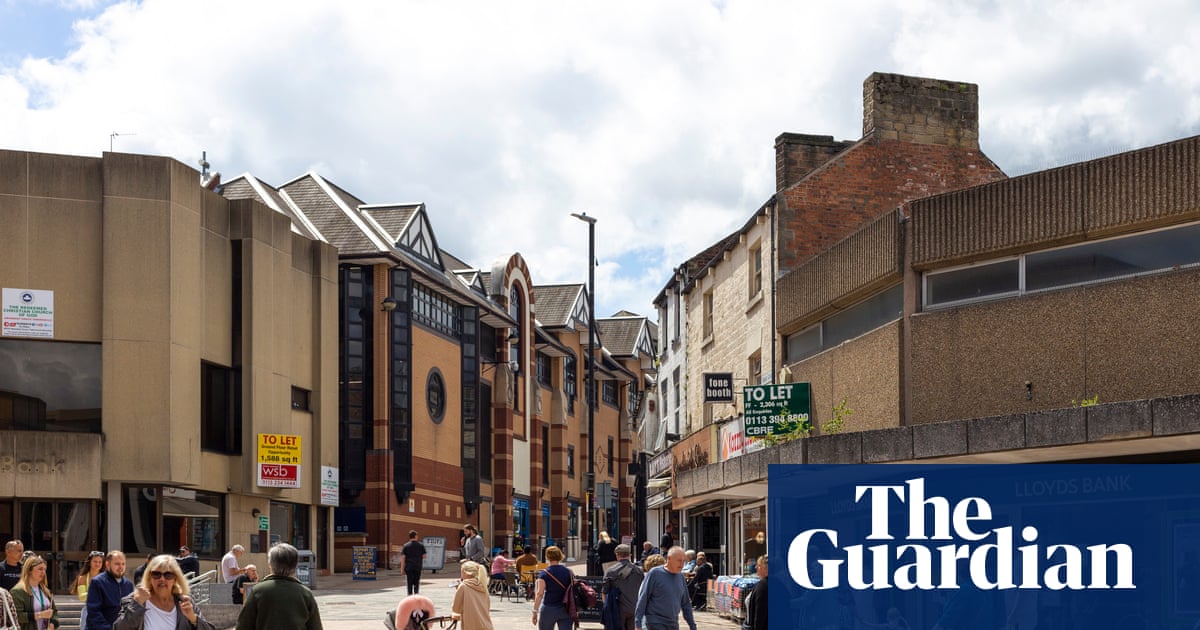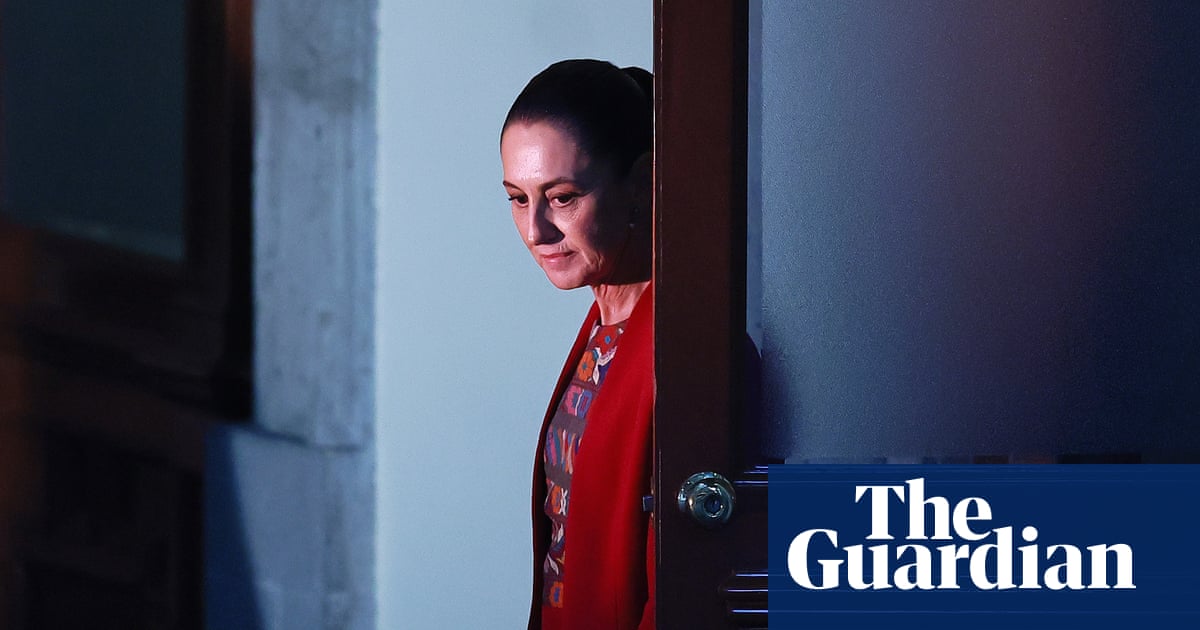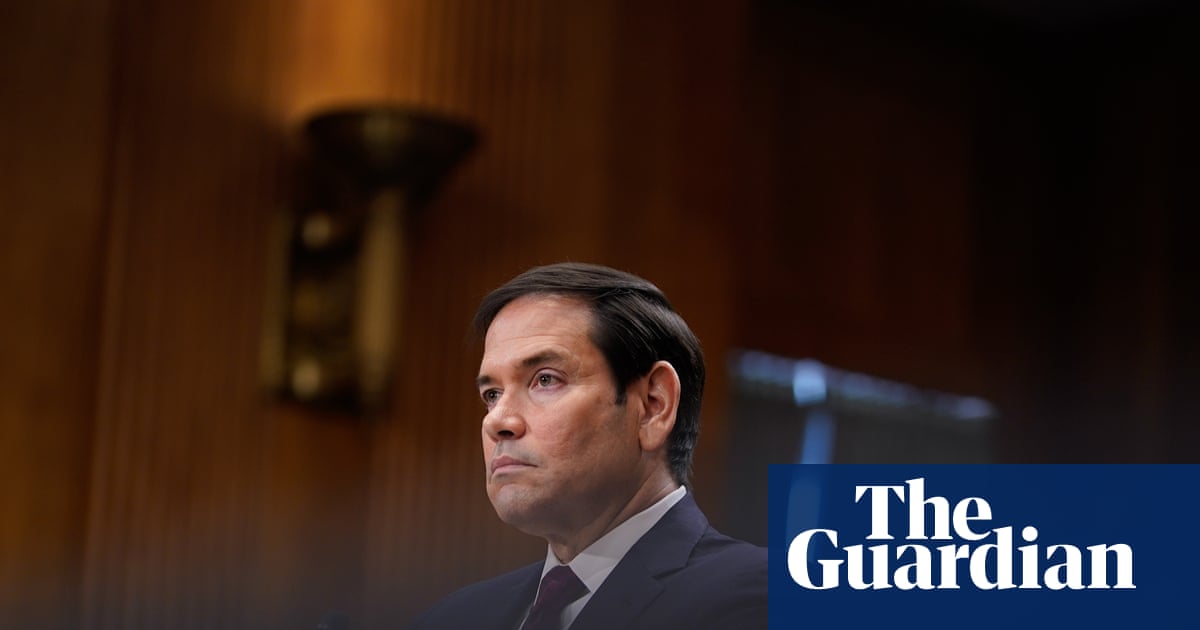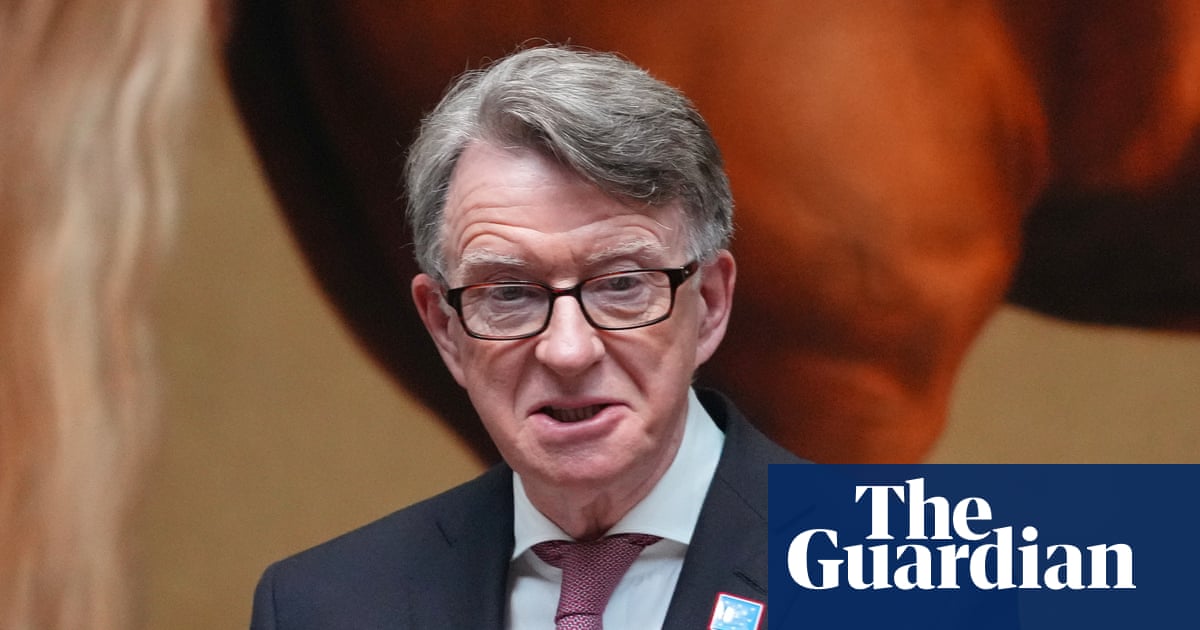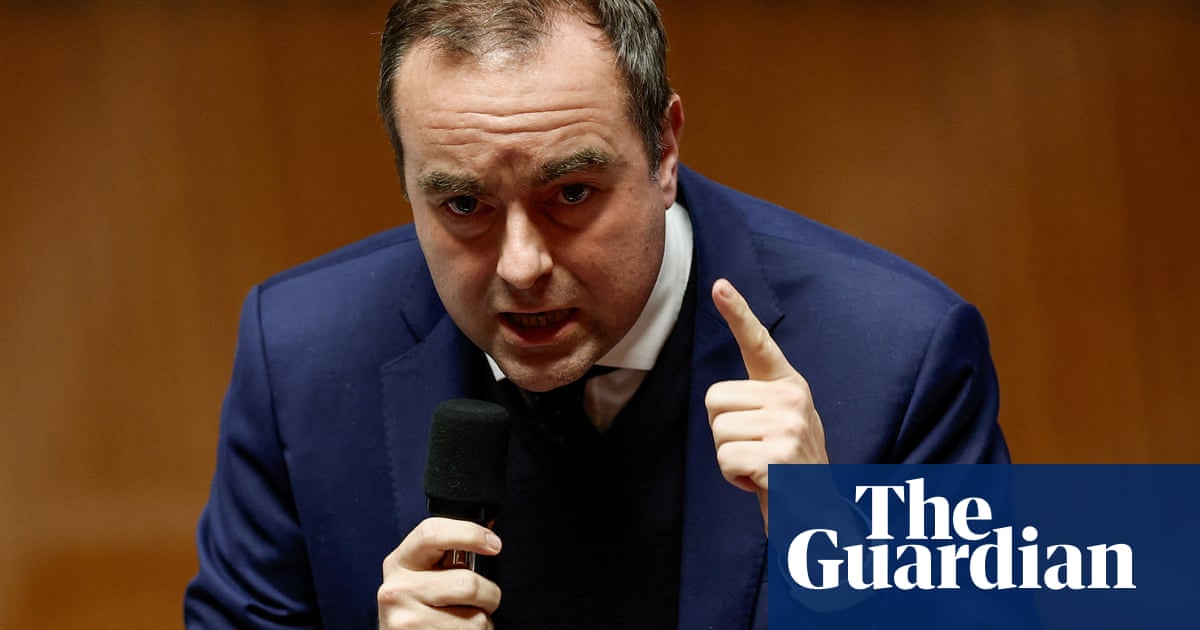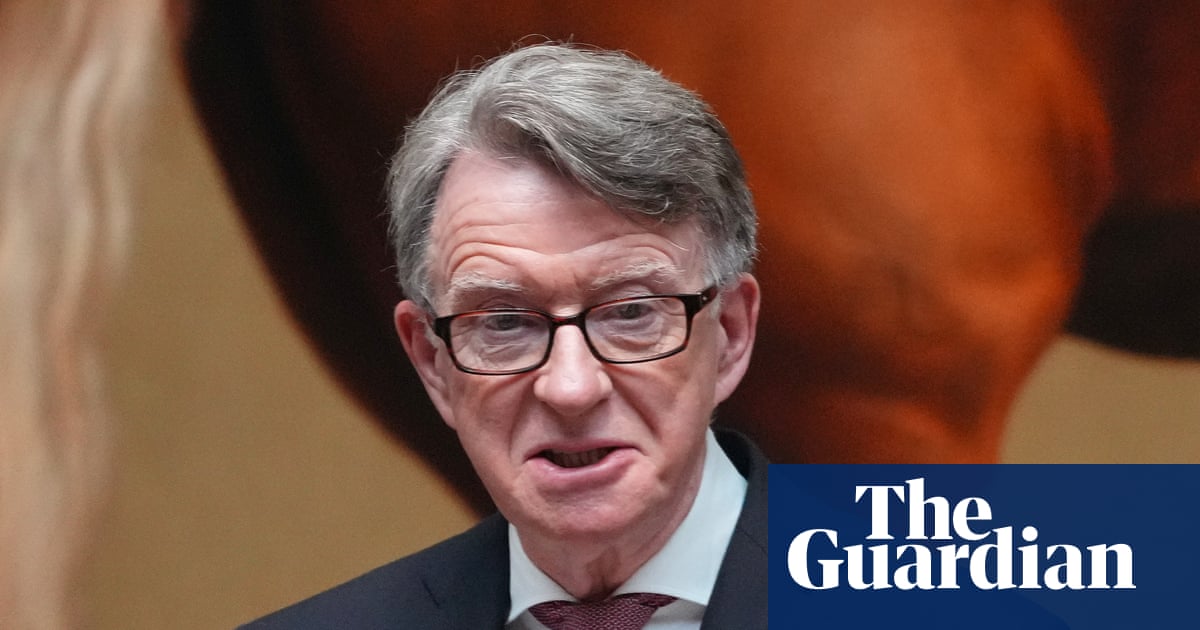The father of Molly Russell, a British teenager who killed herself after viewing harmful online content, has called for a change in leadership at the UK’s communications watchdog after losing faith in its ability to make the internet safer for children.
Ian Russell, whose 14 year-old daughter took her own life in 2017, said Ofcom had “repeatedly” demonstrated that it does not grasp the urgency of keeping under-18s safe online and was failing to implement new digital laws forcefully.
“I’ve lost confidence in the current leadership at Ofcom,” he told the Guardian. “They have repeatedly demonstrated that they don’t grasp the urgency of this task and they have shown that they don’t seem to be willing to use their powers to the extent that is required.”
Russell’s comments came in the same week the technology secretary, Liz Kendall, wrote to Ofcom saying she was “deeply concerned” about delays in rolling out parts of the Online Safety Act (OSA), a landmark piece of legislation laying down safety rules for social media, search and video platforms.
Russell, who has become an influential internet safety campaigner since his daughter’s death, said that last year he raised concerns with Ofcom’s chief executive, Melanie Dawes, about an online suicide forum accessible to UK users.
Ofcom opened an investigation into the site this year, shortly after assuming new regulatory powers from the OSA, and the forum voluntarily geo-blocked access to UK users.
But Russell said the investigation appeared to have “stalled” before the regulator ramped up its probe this month – when it emerged the forum was still available to UK users through a previously undetected “mirror site”.

“If Ofcom can’t deal with something as black and white, cut and dried as that, you have to question what else they can deal with,” Russell said.
Ofcom addressed Russell’s concerns in a letter, saying that the site’s geo-block had been constantly monitored, but the mirror site – operating under a wholly different domain name – had come to the regulator’s attention only this month.
Russell said he shared Kendall’s disappointment in delays to implementing further elements of the OSA, including strict rules for the largest and most influential online platforms. Ofcom has said the delays were due to a court challenge from the Wikimedia foundation – the charity behind Wikipedia.
The watchdog said it had the “highest respect” for bereaved families and pointed to achievements under its watch, such as age checks for pornography sites and a crackdown on child sexual abuse material.
“We are working with urgency to drive tech firms to deliver a safer life online for children and adults in the UK, and while the job is not done, change is happening,” a spokesperson said.
The Molly Rose Foundation, a charity founded by Molly’s family, has submitted a letter to the UK government calling on ministers to extend a legal requirement for transparency from public officials to apply to tech companies as well.
The letter urged Alex Davies-Jones, the victims minister, to expand the remit of the public authority (accountability) bill, which introduces a “duty of candour” for public officials.
The bill, brought in after criticism of how police officers presented evidence at the Hillsborough inquiry, requires public bodies and officials to help investigations – including coroner’s courts – by providing information and evidence proactively, without favouring their own position.
The foundation believes that requiring companies regulated by the OSA to abide by the same rules would prevent them from dragging their heels over submitting evidence in the case of a death where social media use was potentially involved.
The inquest into Molly’s death was subject to delays owing to wrangles with Meta over submitting evidence.
The letter said: “This shift would fundamentally reset the relationship between tech companies and their victims – a move that would require tech companies to act transparently and expeditiously when responding to legal requests.”
Recent legislation has bolstered coroners’ powers, enabling them to demand evidence of social media use from tech companies under the OSA and prevent important data from being deleted, but the letter’s signatories believe tougher powers are needed.
Among more than 40 signatories were members of the group Bereaved Families for Online Safety and the Meta whistleblower Arturo Béjar.
A government spokesperson pointed to the legal changes enhancing coroners’ powers to require information from tech firms.
“The Online Safety Act supports coroners conducting inquests and families seeking the truth in compelling companies to share data fully where there is evidence of a link between a child’s death and their social media use',” said the spokesperson.
“As promised in our manifesto, we have also strengthened this by also giving coroners the power to request that data is preserved to support inquests. We will not hesitate to act, and will work with families and campaigners to ensure we protect families and children.”

 2 months ago
48
2 months ago
48

